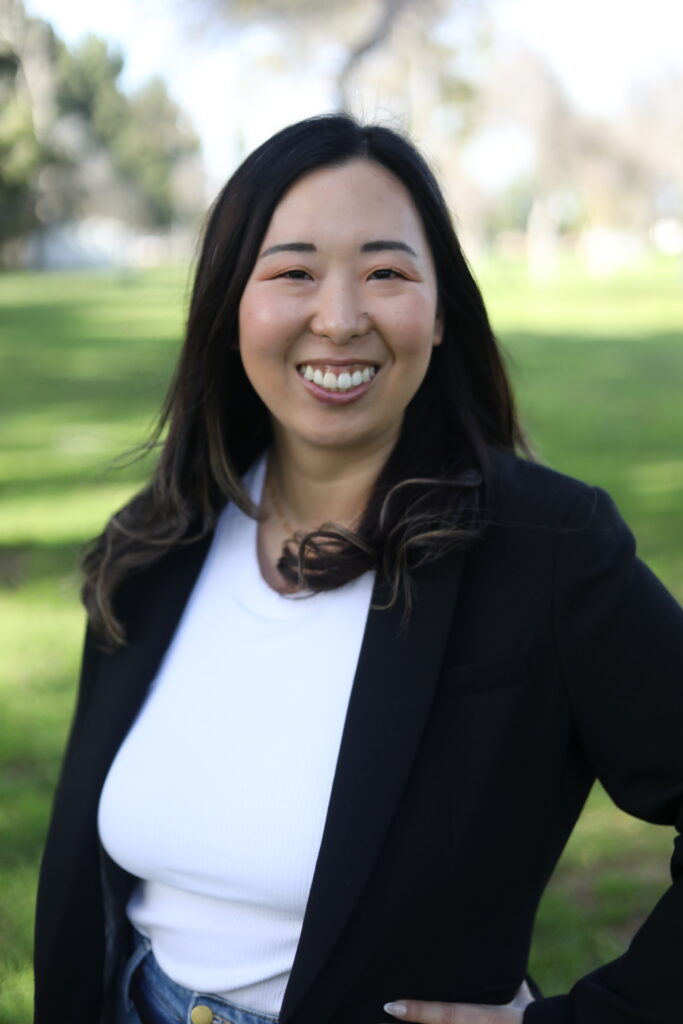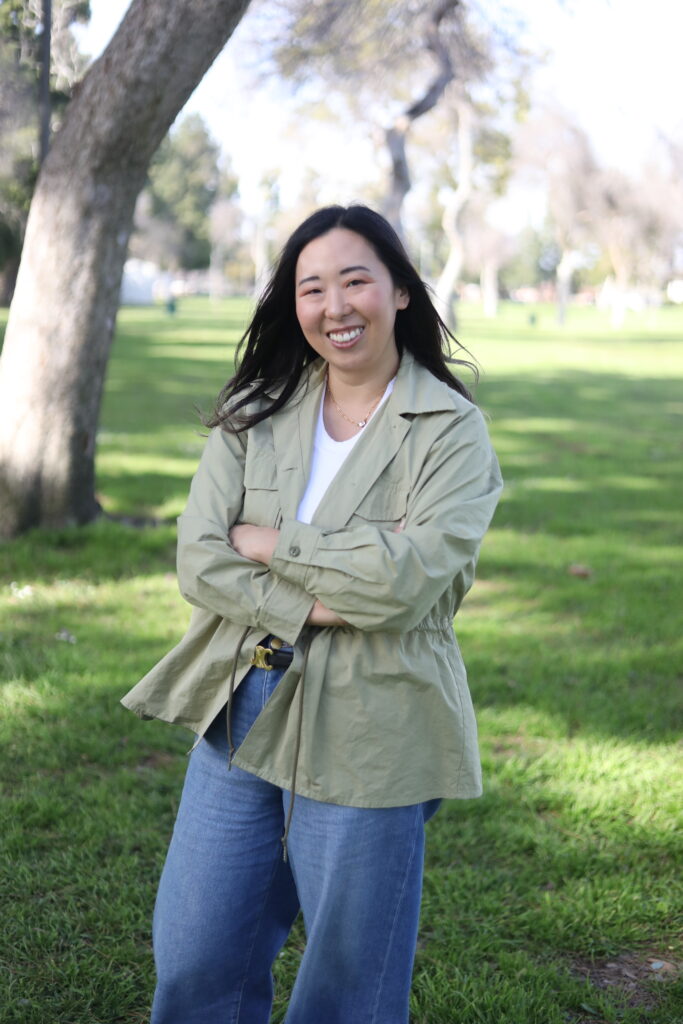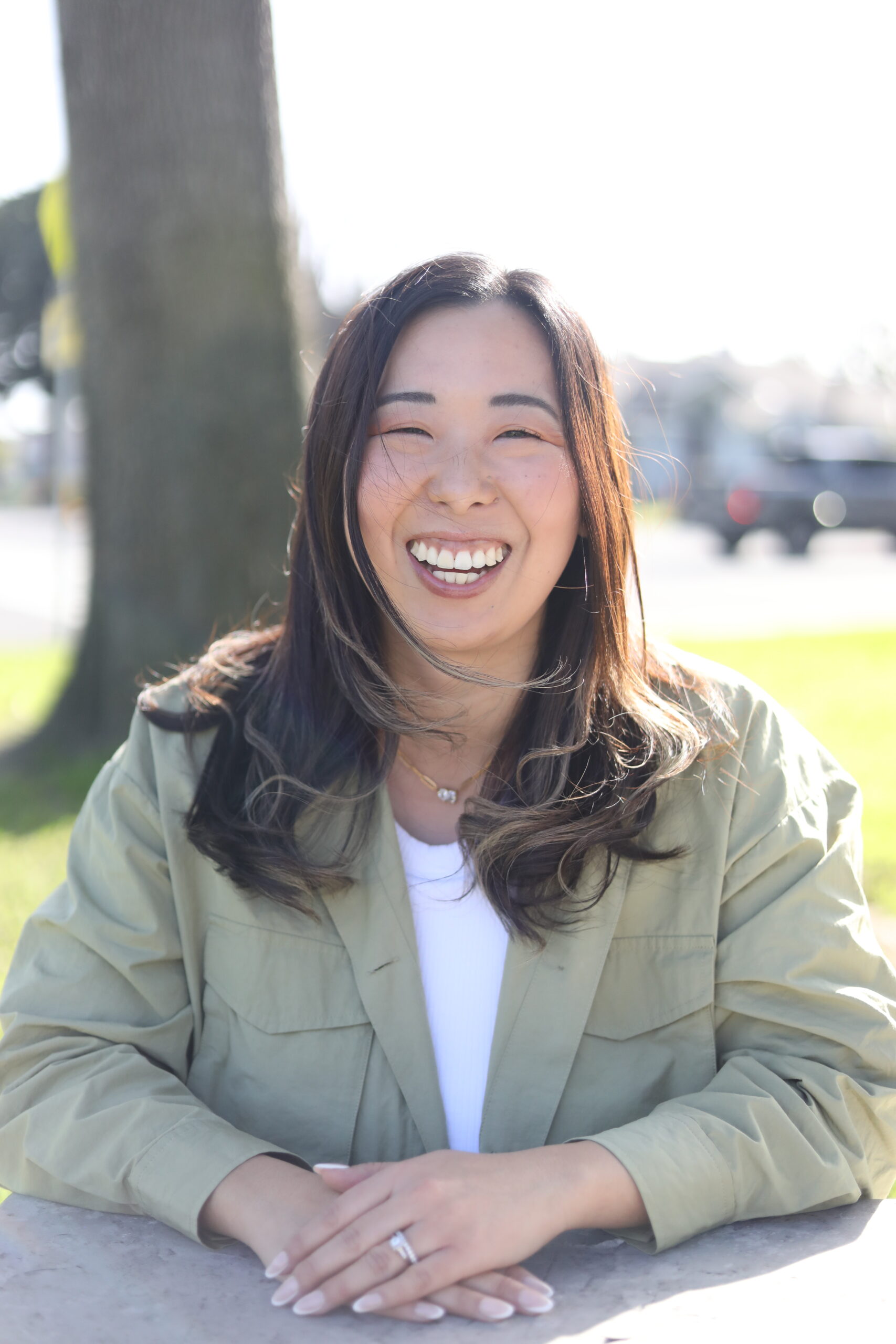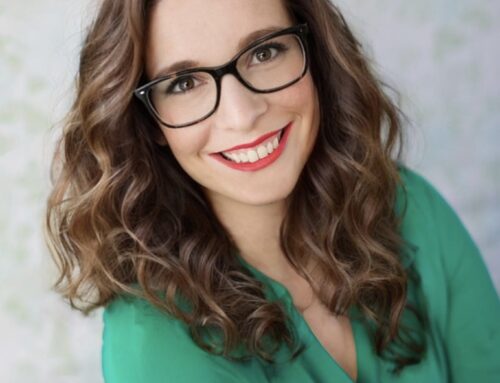In today’s fast-paced world, finding balance as a mompreneur between work, family, and personal well-being can feel overwhelming, especially for moms who are also entrepreneurs. Yuki Shida, a licensed marriage and family therapist (LMFT) and mom of two, has embraced this challenge head-on. With over seven years of experience in mental health, Yuki recently took the leap into entrepreneurship by launching her own private practice, offering therapy services focused on trauma and anxiety. Certified in EMDR therapy, Yuki provides telehealth sessions to clients in California, helping them heal while navigating her own journey as a mompreneur.
In this interview, Yuki opens up about her personal experiences with postpartum anxiety and imposter syndrome, her diverse professional background, and her passion for creating holistic spaces for mental health care. She also shares insights on how she balances motherhood and business, her vision for the future of her practice, and the legacy she hopes to leave.
Read on to learn more about Yuki’s inspiring journey and how she’s making an impact in both her family and community.
The Path to Becoming a Mompreneur

Q: Yuki, thank you for joining us on Evolving Mompreneur! Let’s start by talking about your career in mental health. What inspired you to pursue therapy, and what keeps you passionate about this field?
Yuki Shida (YS): I have been a mental health counselor for over 7 years and I am just getting started. I have always felt passionately about being near to the brokenhearted and helping to bring peace and hope. I think the desire to offer support and healing to others has always been in me. Starting my own private practice this year felt like the right next step for me to continue my work as a helper. It gives me the ability to create a space that aligns with my values, where clients feel seen, heard, and supported in their healing process.
Q: Taking the leap from being a counselor to owning your own private practice is a big step. Can you tell us what motivated you to become a mompreneur and start your own business?
YS: It’s been a journey for sure! I have definitely had my share of imposter syndrome and anxiety. Early in my career was also the time I became a mother, which added new layers of challenges. I struggled with postpartum anxiety and depression, which, at the time, felt overwhelming. My kids are now 3 and 5, and I’ve learned so much since then, both personally and professionally. I feel like I’ve grown into myself as both a mother and a therapist. That’s why now feels like the right time to step into the role of a mompreneur. I wanted to be able to run my own practice, have flexibility for my family, and help others through the work I love.
Q: It sounds like your experiences as a mother have shaped your approach to both parenting and your practice. How have those early struggles with postpartum anxiety and depression informed your work with clients?
YS: Absolutely. Going through that experience really taught me empathy on a whole new level. I understand the depths of anxiety and depression in a very personal way, which helps me connect with my clients, especially mothers or individuals going through similar struggles. It also made me more mindful of balancing work and personal life. I’ve learned how crucial it is to take care of myself so I can be there for my family and my clients. That balance is something I encourage in my practice as well.
A Rich Professional Background
Q: Before starting your own practice, you had experience in various other fields. Can you share more about your diverse professional background and how those experiences shaped you as an entrepreneur?
YS: I’ve had a pretty diverse work history, which I think really contributes to my perspective as a business owner. I’ve worked in mental health settings within nonprofits, schools, and clinics, which gave me experience in many different environments. But before that, I ran an Airbnb cabin with my husband, worked in Property Management, and even had a stint working at a bank! Each role taught me something different—whether it was customer service, business management, or financial responsibility. All of these skills come together in running my practice, from managing day-to-day operations to connecting with clients on a human level.
Q: It’s incredible how your past experiences have come full circle in shaping your current role. How do you feel those non-therapy jobs helped prepare you for the challenges of running your own practice?
YS: They really did! Running the Airbnb cabin, for example, taught me a lot about customer service and the importance of creating a welcoming space. Property management taught me about problem-solving and working with different personalities, and my time in the bank helped me gain a sense of financial responsibility. All of these experiences taught me to be adaptable and to think on my feet—qualities that are essential when you’re an entrepreneur.
Focusing on Mental Health Therapy
Q: Now that you’re in private practice, what kinds of clients do you typically work with? And how do you approach their therapy needs?
YS: I work primarily with individuals and couples who are struggling with trauma and anxiety. I provide telehealth therapy for people in California, which allows me to reach clients who may not have access to in-person sessions. I’m also certified in EMDR therapy, which is a specialized therapy for trauma. EMDR is a powerful tool that helps people process traumatic experiences and move towards healing. My approach is really to create a safe, compassionate space where clients can explore their challenges and feel empowered in their journey toward wellness.
Q: EMDR therapy is becoming more well-known in trauma treatment. Can you explain how it works and why you chose to specialize in it?
YS: EMDR stands for Eye Movement Desensitization and Reprocessing. It’s a form of therapy that helps people process and heal from traumatic memories. The way it works is by using bilateral stimulation—such as guided eye movements—while the client recalls distressing memories. This process helps the brain reprocess the memory in a way that reduces its emotional charge. I chose to specialize in EMDR because of its effectiveness in treating trauma. Many clients come to me feeling stuck in their trauma, and EMDR provides a path to healing in a way that traditional talk therapy might not.
Balancing Parenthood and Entrepreneurship
Q: Balancing work and family can be challenging, especially as a mompreneur. How do you manage the demands of both running a business and being a parent?
YS: It’s definitely a juggling act! I’m constantly working on boundaries—both professionally and personally. I’ve learned that it’s important to structure my day to include time for my family and self-care. I also set realistic expectations. For example, I’m open about my need for flexibility, both with clients and my family. Balancing these roles takes a lot of communication and grace. Some days are smoother than others, but I’ve found that being honest with myself and those around me about my needs helps create a healthier balance.
Q: It sounds like flexibility and communication are key for you. Do you have any tips for other mompreneurs who might be struggling with balance?
YS: Definitely! My first tip is to give yourself grace. You’re not going to get everything perfect, and that’s okay. I’ve learned that sometimes you have to let go of the idea of perfection and focus on what’s most important in the moment. Also, communicate openly with your family and clients about your needs. It’s okay to ask for flexibility and support. Finally, make self-care a priority. You can’t pour from an empty cup, so taking care of yourself is essential for taking care of others.
Looking Toward the Future

Q: What are your goals for the future of your practice?
YS: In the future, I would love to offer more workshops and retreats that integrate mental health, wellness, and mindfulness practices. I’m passionate about creating spaces where individuals can not only work through their challenges but also learn new skills for emotional regulation and personal growth. I want to make mental health care more accessible and holistic. I see these offerings as an extension of my mission to help people heal and live more fulfilled lives.
Making an Impact on Family and Community
Q: Beyond your practice, how do you see your work impacting your family and the broader community?
YS: In the long run, I envision my business giving me the flexibility to be more involved in my kids’ lives—like being able to chaperone field trips or attend important events. At the same time, I see my business having a ripple effect in the community, empowering individuals to heal and thrive. When we invest in mental wellness, it impacts not just individuals but families and entire communities. I’m excited to be part of that change and contribute to a healthier, more mindful community.
Leaving a Legacy
Q: Finally, what legacy do you hope to leave as a therapist and a mompreneur?
YS: I hope my legacy is showing others that healing is possible and that it’s okay to prioritize your mental health. I want to inspire other women, especially mothers, to know that they can pursue their passions while also nurturing their families. It’s about balance, compassion, and authenticity. Ultimately, I want my work to help people live more meaningful, connected lives. If I can help even one person feel more at peace in their life, then I’ve accomplished something meaningful.
Follow Yuki Shida on Instagram: @therapy_with_yuki





